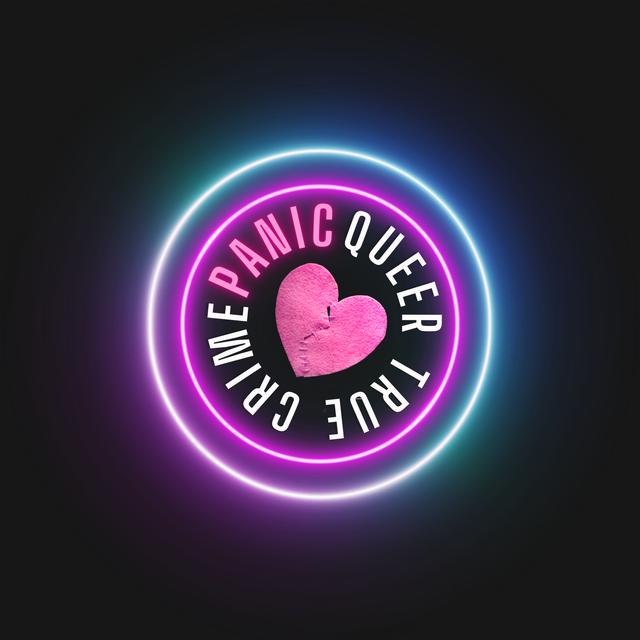
Richard Rogers, The Last Call Killer
Episode description
Richard Rogers was respected in his job by patients and colleagues he often blended into the background by the patrons at the bars he frequented. He was also a serial murderer. Strictly speaking, Rogers is not a serial killer. He was convicted of killing two men, suspected of killing two others. He also killed another man almost 20 years before the murders in New York and New Jersey in the 1990s.
Rogers was quiet and unassuming. He worked for years as a nurse in the children's ward at Mount Sinai Hospital, one of the great hospitals in the world where he was respected and liked by patients and colleagues alike.
His quietness hide a volcano of anger that would play out with older men whom he met in Manhattan. Called the last-call killer because he targeted men who drank a lot and by closing time were easy to lure back to his home.
The one surviving victim said he was given orange juice and when he came to he was bound with hospital id bracelets up and down both arms. He managed to get away and went to the police. The case went to trial and Rogers's mask of respectability got him acquitted as it did in the 1970s after murdering his college roommate with a hammer, suffocating him, and hiding his body. No one could quite believe this quiet guy was a killer.
An advancement in fingerprint technology would allow police the evidence they needed in the murders of two men. In 2005, Richard Rogers was found guilty of the two murders as well as hiding the body parts. He remains the prime suspect in the murders of two of the other men let's hope technology helps solve their murders as well.
Michael Pierro
A friend of 12 years said of Rogers ''He is a lovely fellow who likes antiques and everything that has to do with money,'' Mr. Henry said. But, he said, Rogers never got beyond ''the outskirts'' of the circle of friends he sought.
At times, his friend said, Rogers had pretended to be the descendant of an aristocratic New York family. But he added that Mr. Rogers was a do-gooder who volunteered to shop for homebound men with H.I.V. and was considered thoroughly trustworthy by those who knew him. ''He was the kind of guy you could trust with your A.T.M. card.''
